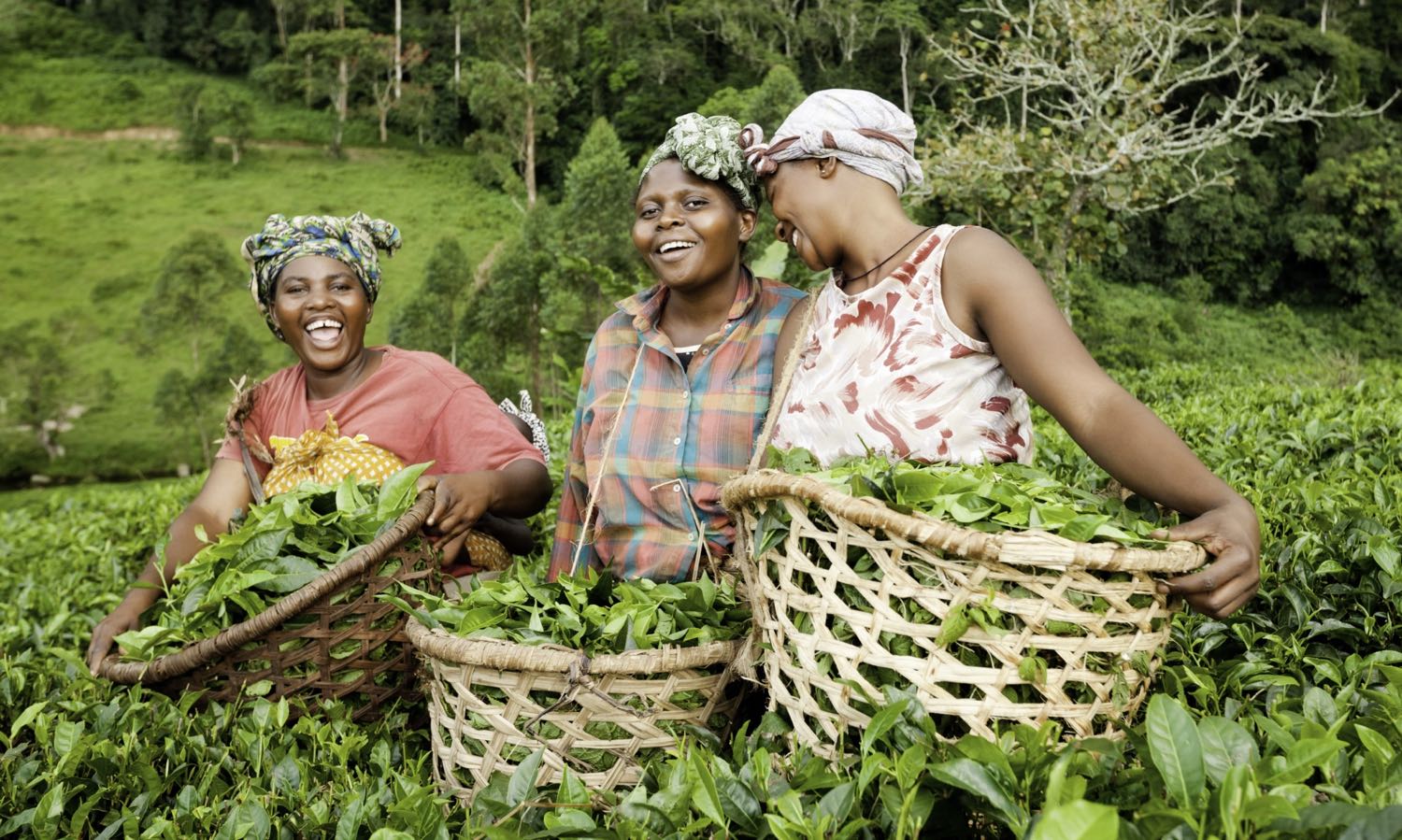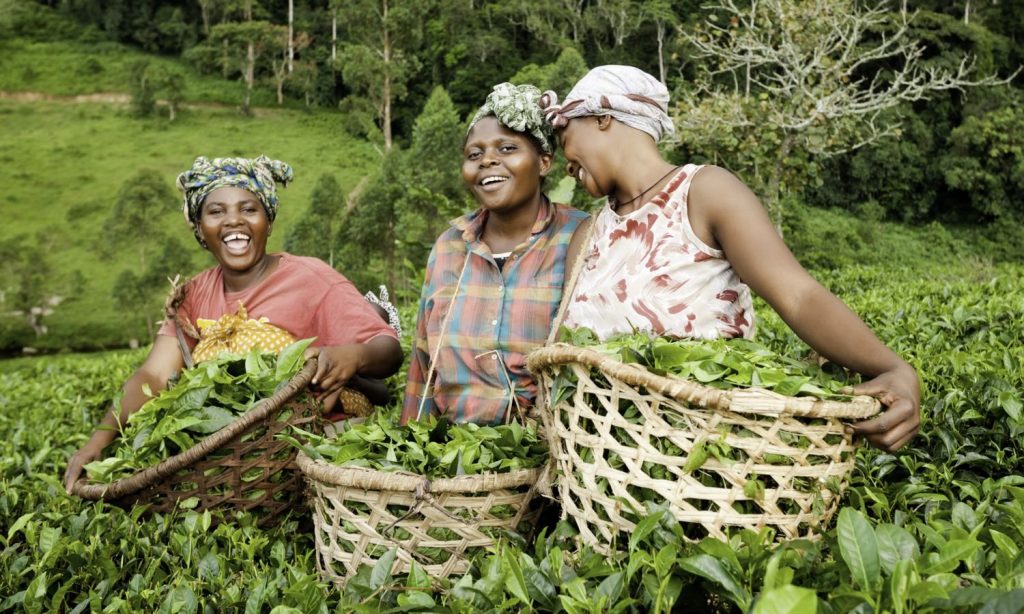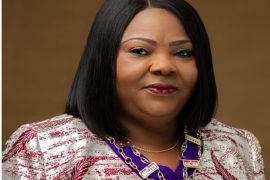The International Institute for Sustainable Development (IISD) released a policy brief exploring how global standards and guidelines contribute to gender equality and women’s empowerment in agriculture.
The brief, ‘How to Improve Gender Equality in Agriculture,’ explains how using voluntary sustainability standards (VSSs) and responsible investment frameworks (RIFs) enable monitoring on investment projects addressing gender inequalities.
In May 2017, the International Institute for Sustainable Development (IISD) released a policy brief exploring how global standards and guidelines contribute to gender equality and women’s empowerment in agriculture. The brief, titled ‘How to Improve Gender Equality in Agriculture,’ explains how using voluntary sustainability standards (VSSs) and responsible investment frameworks (RIFs) enable monitoring on investment projects addressing gender inequalities. It investigates if more can be done through these instruments to improve the situation of women in agriculture.
The brief ascribes gender inequalities in agriculture to several factors, including women are less likely to hold statutory land rights; the existence of gender discrimination in credit markets; women’s household work is mostly unpaid; investment projects relegate women to temporary, insecure employment; and women lack decision-making power in investment projects.
The publication recommends that all stakeholders adopt a gender-equity approach and engage women as partners in developing and implementing investment principles.
It also recommends that all stakeholders focus on implementation and practice, adopt a gender-equity approach, engage women as partners in developing and implementing investment principles, and consider local gender norms. It recommends that investors: adopt a gender strategy that empowers women; ensure women’s participation in community consultations and in local farmer and employee training programs; account for women’s needs in community development agreements; and continually monitor gender impacts and report on progress annually.

Recommendations for host governments include: prioritizing inclusive and gender-transformative outcomes in agricultural development strategies; requesting a gender statement from investors that explains how the project will improve opportunities for women; working with investors and independent researchers to develop a gender impact assessment study; collecting gender-disaggregated data before, during and after project implementation; and holding investors accountable to gender commitments made.
Such recommendations, if implemented, will help realize a number of Sustainable Development Goals (SDGs), including SDG 5 (gender equality) and SDG 8 (decent work and economic growth), among others. The brief is part of a series on investment in agriculture supported by the Swiss Agency for Development and Cooperation (SDC).




